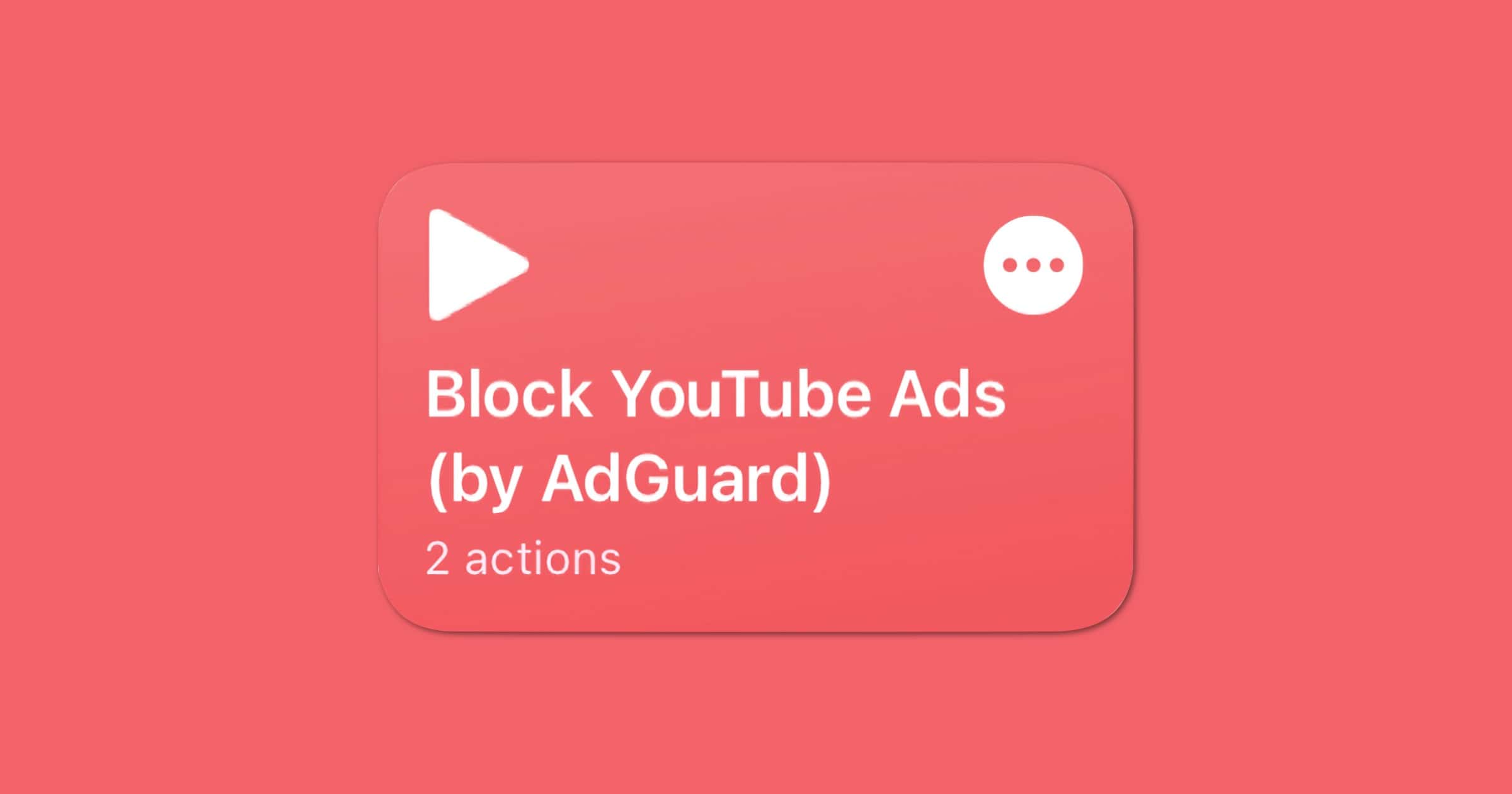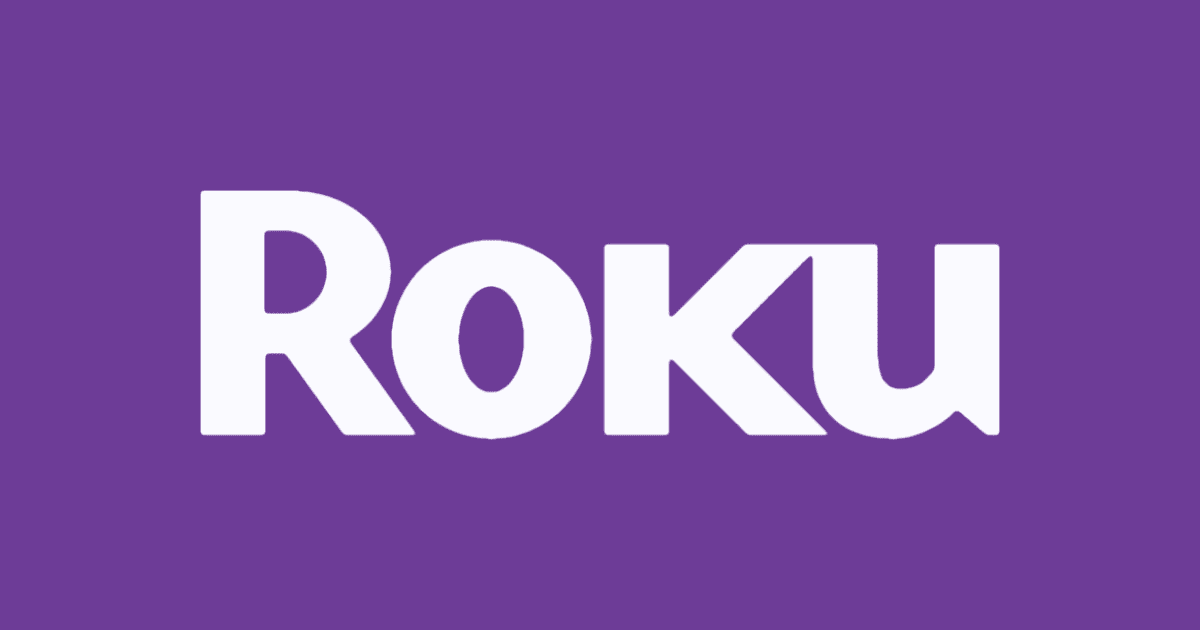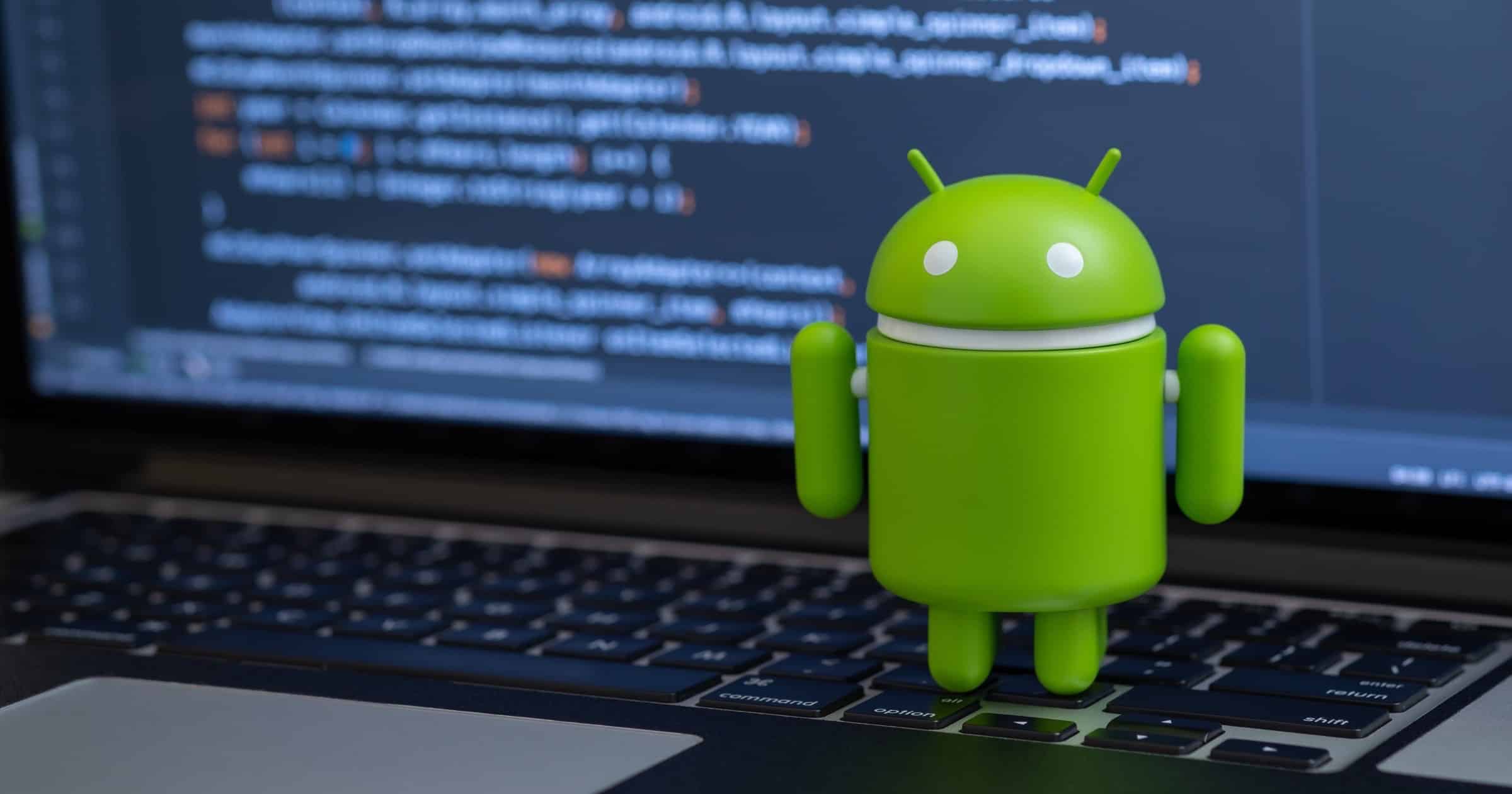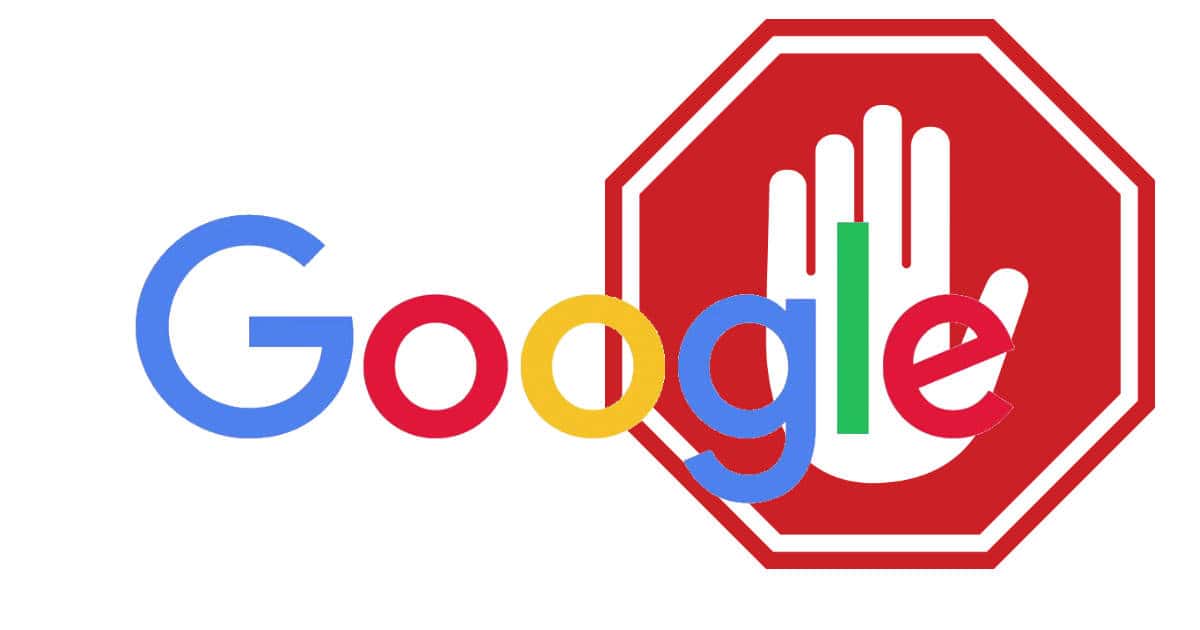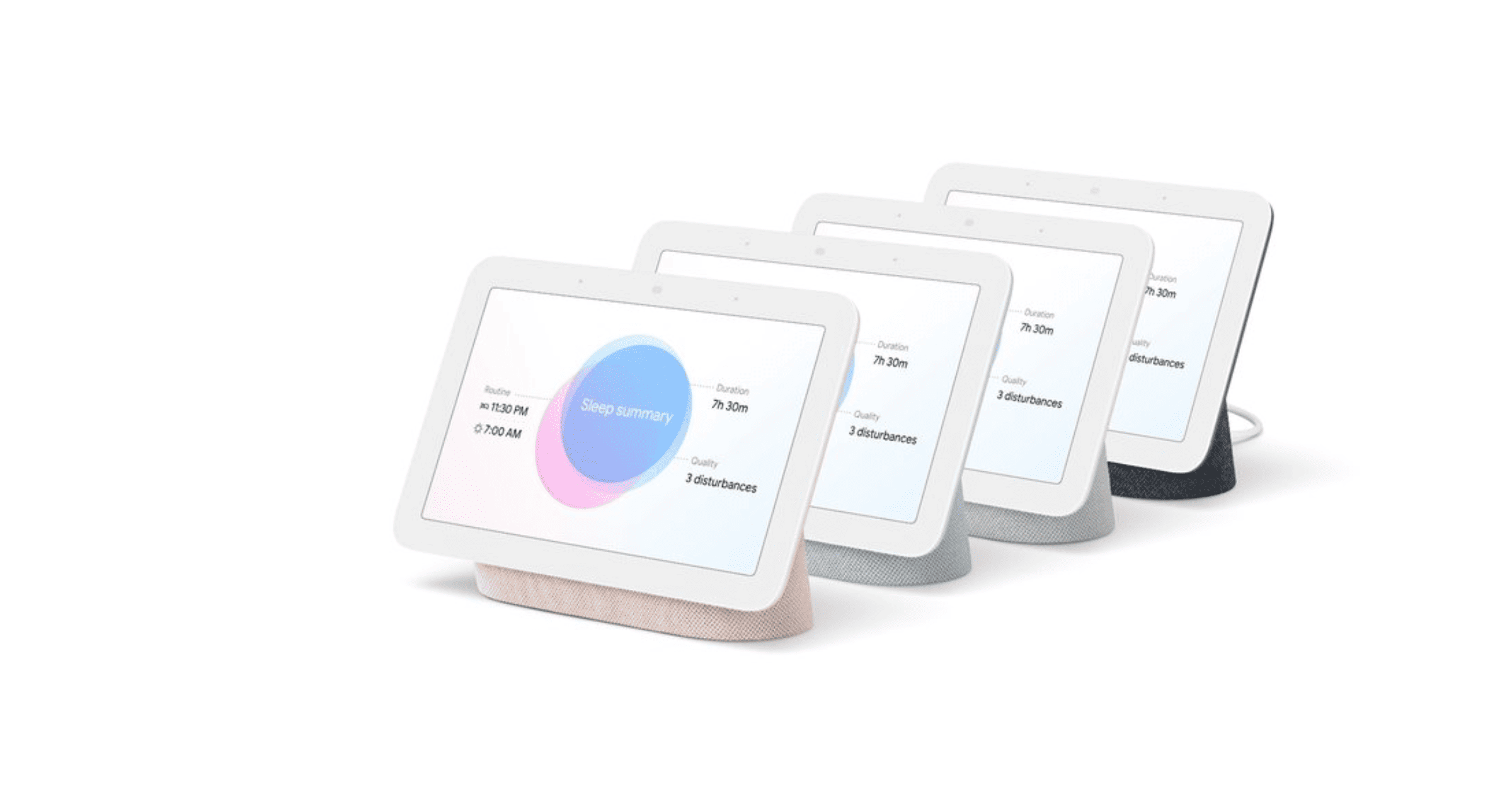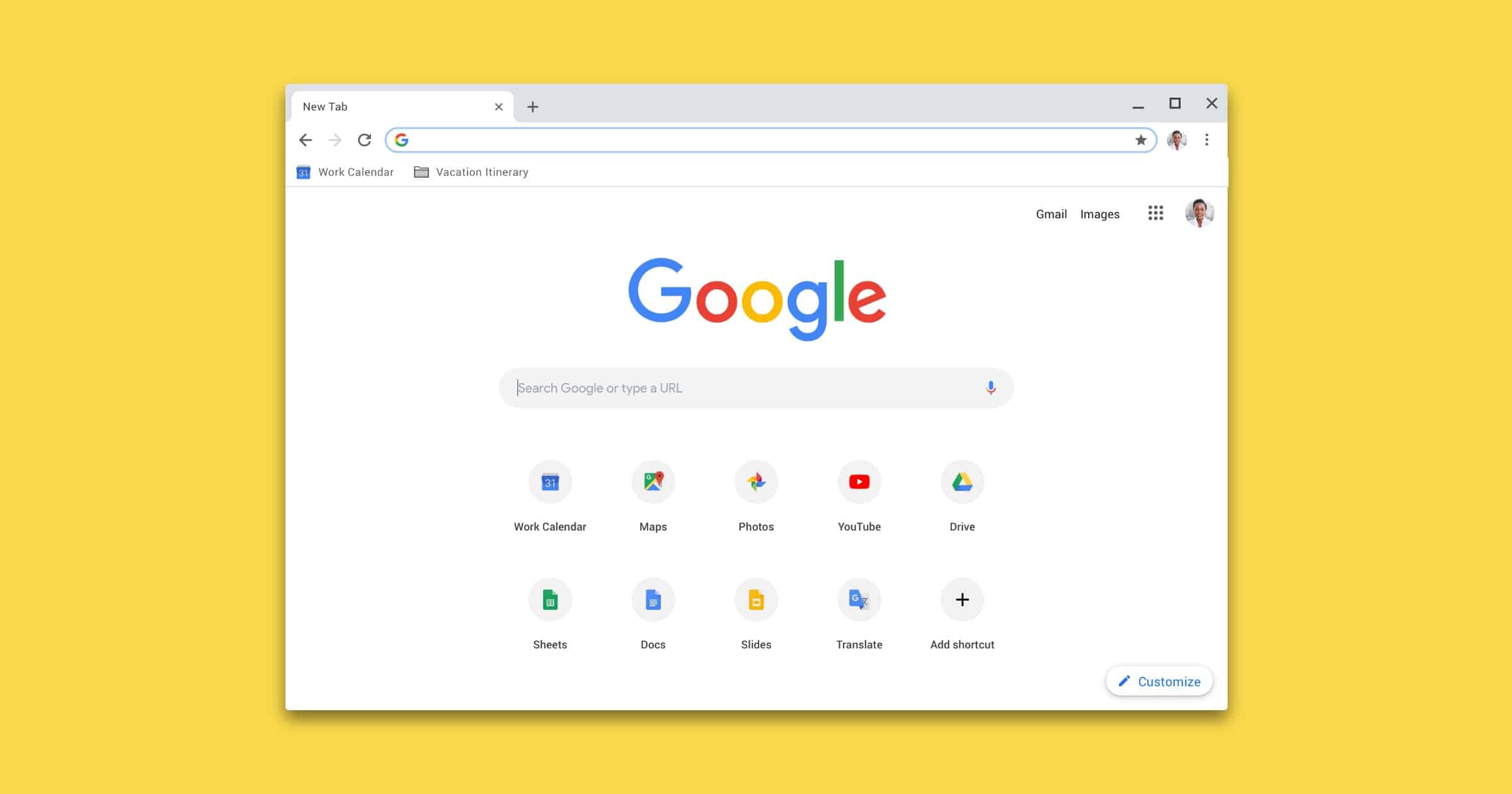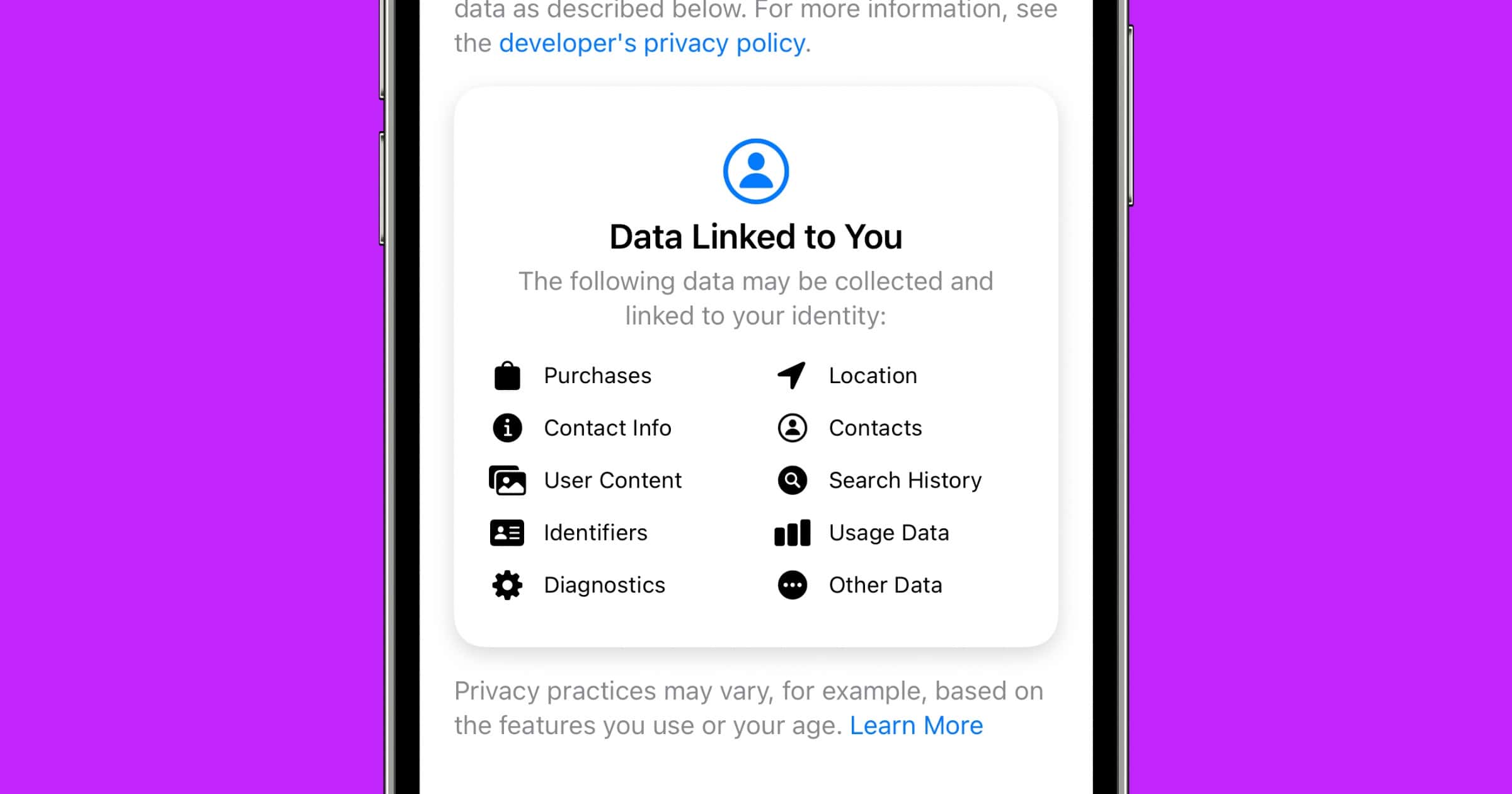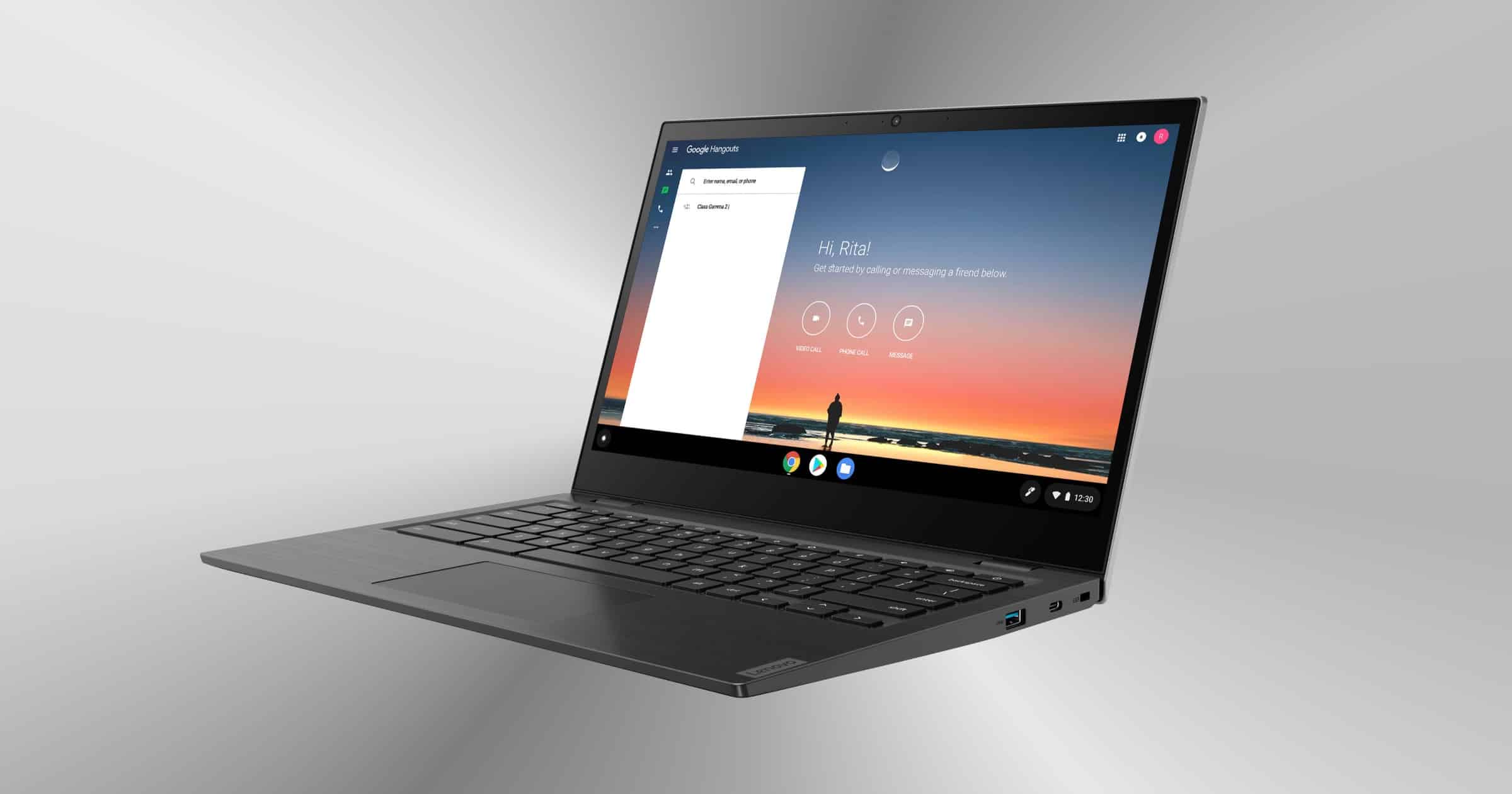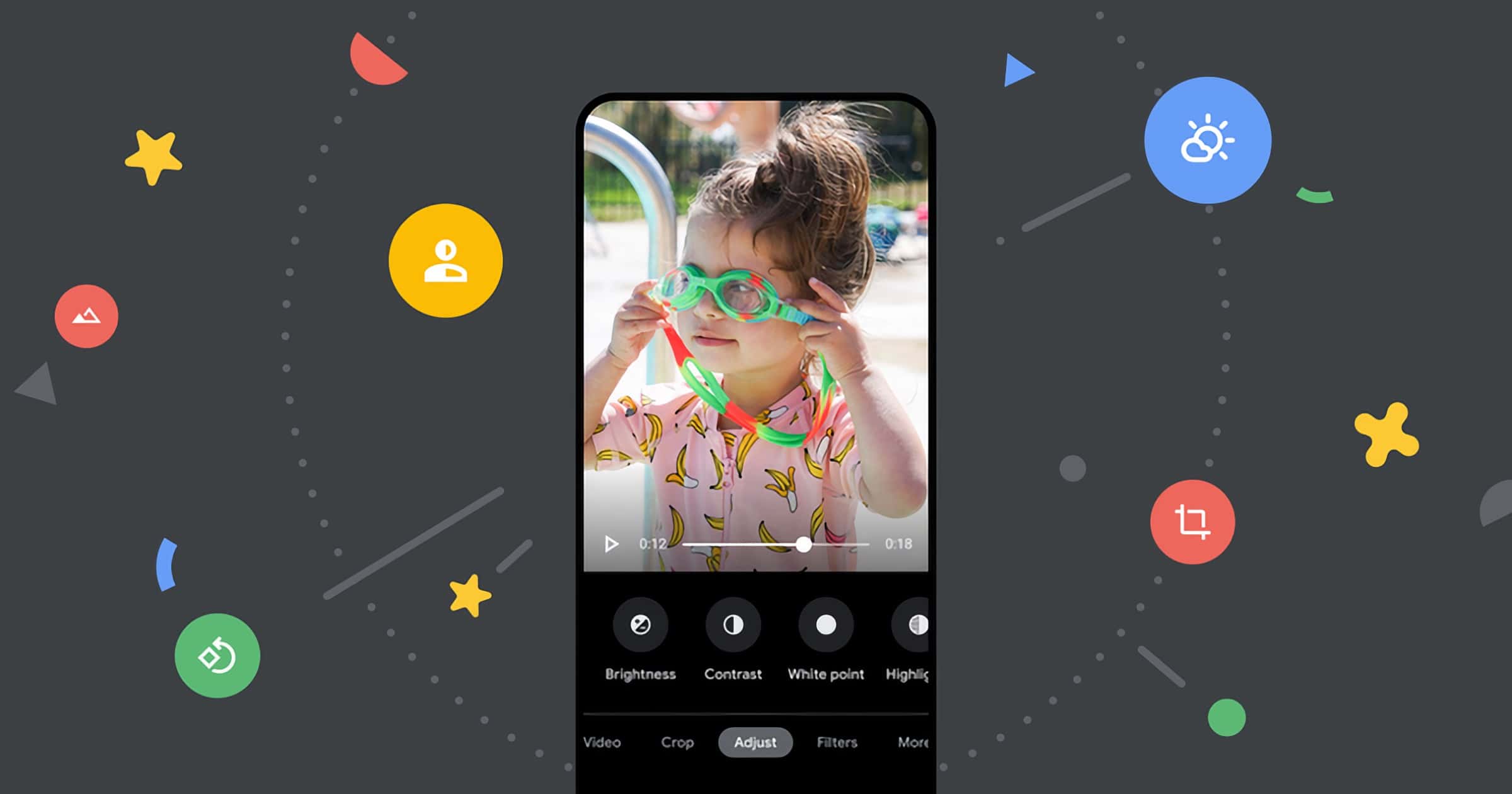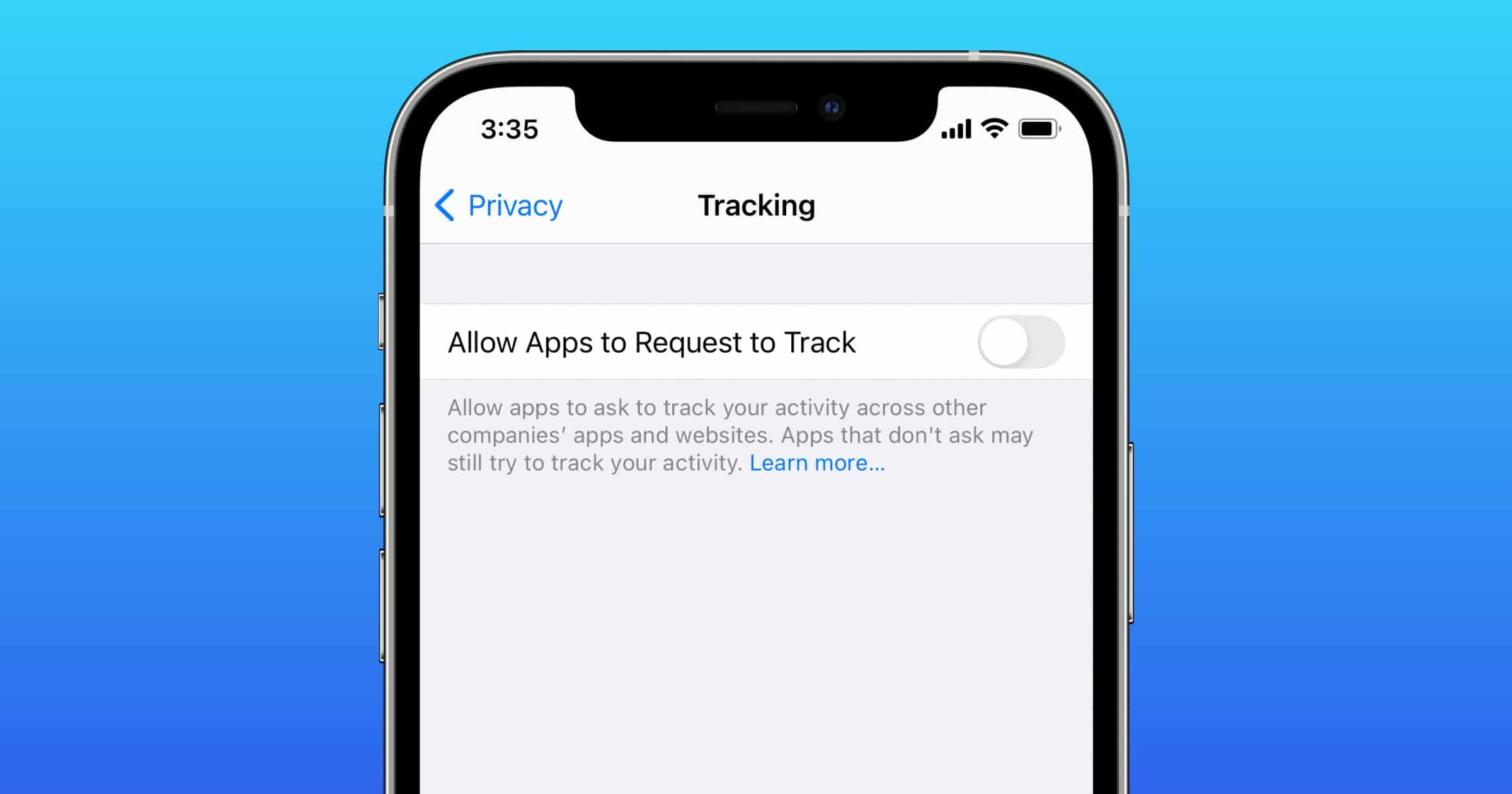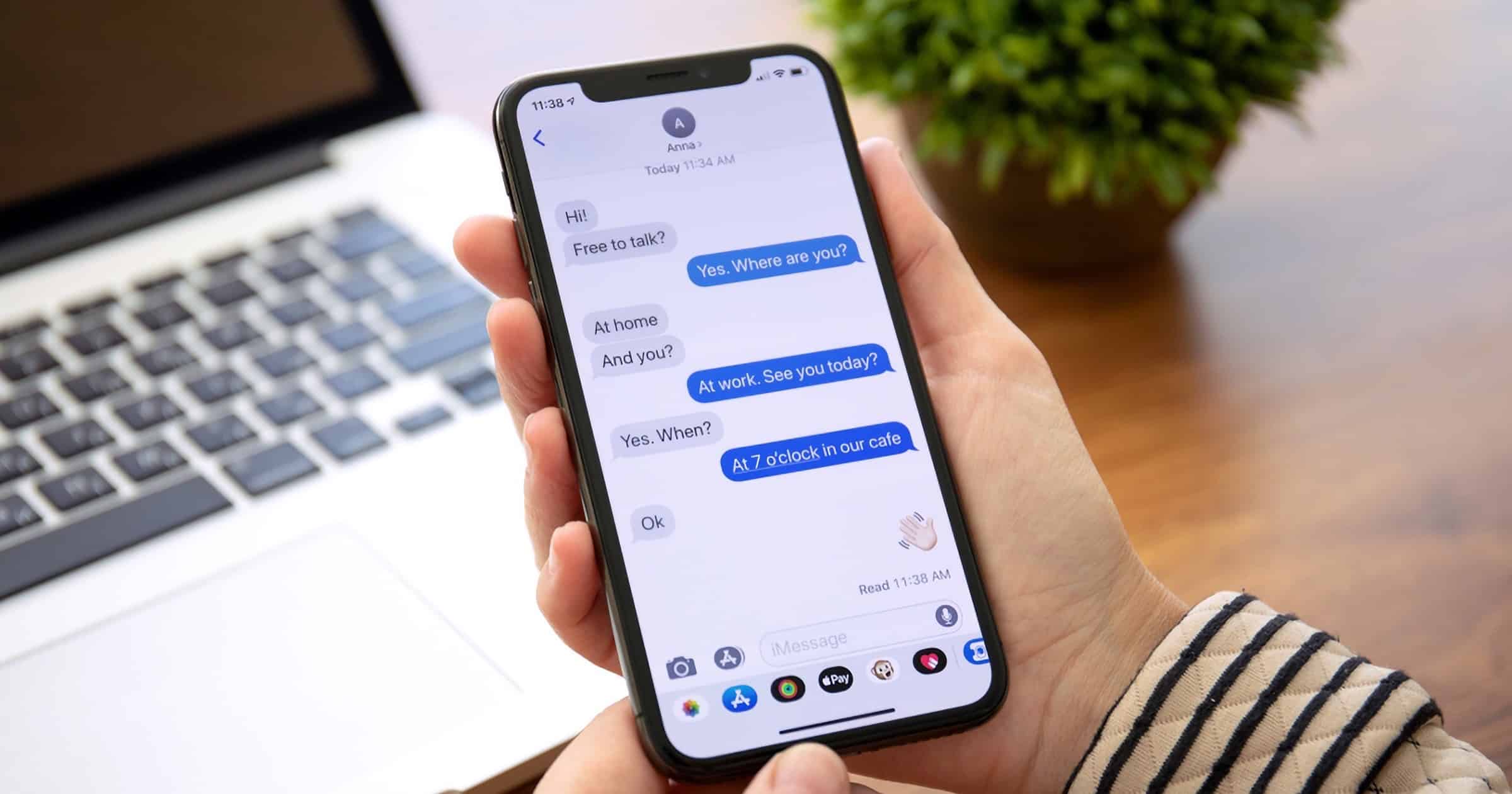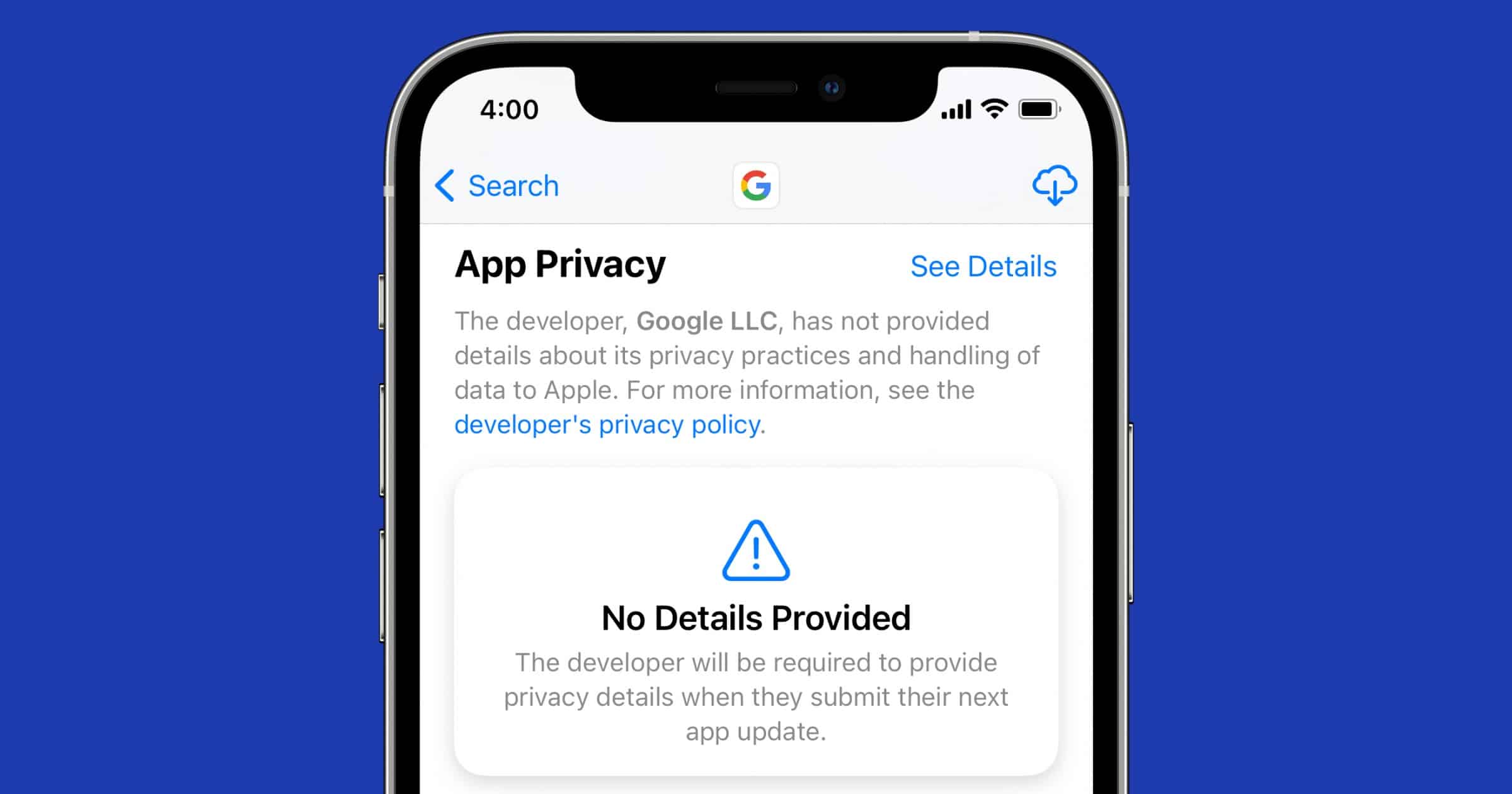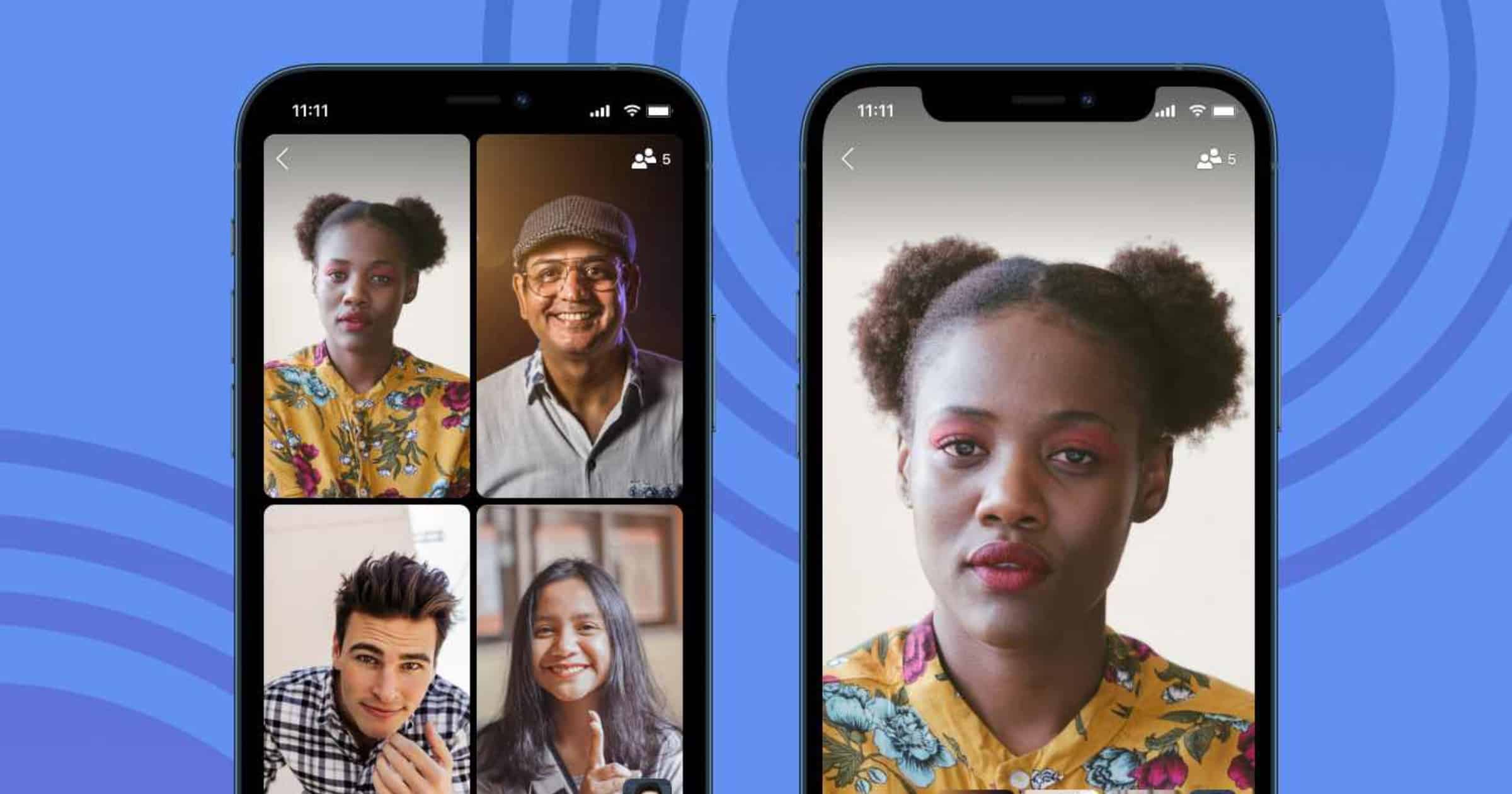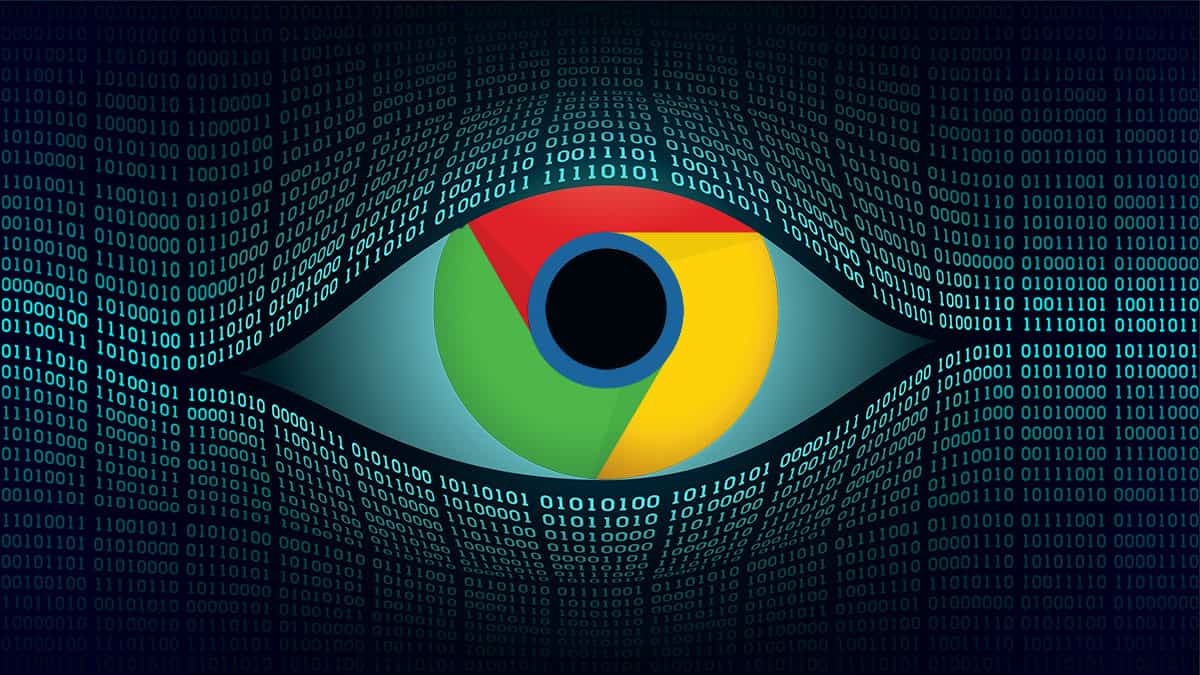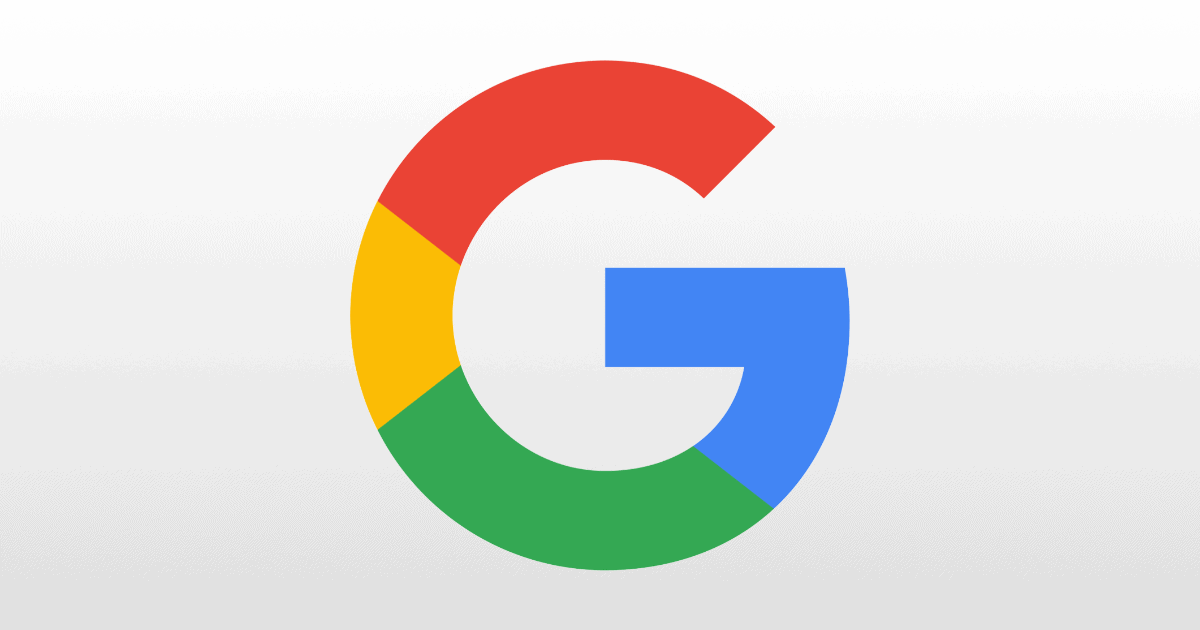UK regulator the Competition and Markets Authority has launched a market study into both Apple and Google.
AdGuard’s Shortcut Can Help Block YouTube Ads
AdGuard, creator of a popular adblocker of the same name, started getting complaints from users that YouTube ads were slipping through. It turns out Google deployed a new algorithm for showing ads to logged in users (Read more here). AdGuard was able to create a shortcut that can block these new ads while they build similar functionality to block them with the AdGuard app. You don’t need to have the AdGuard app installed to run the shortcut. Download Shortcut
YouTube TV Added Direct to App as Roku Row Escalates
Google and Roku are still rowing over how to get YouTube TV back on the streaming platform. It seems like Google has taken things into its own hands, as The Verge reported that YouTube TV is now in the main YouTube app.
YouTube users will start seeing a “Go to YouTube TV” option in the main YouTube app over the next few days. When they select that, they’ll then be switched over to the standard YouTube TV user experience. This option is coming to Roku devices first — where it’s currently most needed — but will also come to YouTube on other platforms as well. In essence, Google has basically stuffed the YouTube TV app into YouTube itself, a solution that seems unlikely to make Roku very happy. Google says it’s “still working to come to an agreement with Roku to ensure continued access to YouTube TV for our mutual customers,” and it notes the YouTube TV app remains usable for those who already have it installed
Spotify, Match, Tile Exec to Appear as Witnesses at Apple, Google Antitrust Hearing
Executives from Spotify, Match, and Tile will appear as witnesses at Wednesday’s Senate antitrust hearing into Apple and Google, Bloomberg News reported. All the firms have clashed with Apple in the past.
Google Senior Director of Government Affairs and Public Policy Wilson White will be the search giant’s representative, joining Apple Chief Compliance Officer Kyle Andeer in the spotlight. The Senate Judiciary Committee’s Subcommittee on Competition Policy, Antitrust and Consumer Rights, which is holding the hearing, also plans to call Horacio Gutierrez, Kirsten Daru, and Jared Sine, top legal executives from Spotify, Tile and Match Group, respectively. Mark Cooper, director of research for the Consumer Federation of America, will also be called. Spotify, Tile and Match have all been embroiled in antitrust fights with Apple recently, with Spotify and Match filing complaints about Apple’s App Store rules and fees. Tile believes Apple’s Find My app will give the company’s rumored AirTags accessory for finding physical objects a leg up over third-party rivals.
Supreme Court Sides With Google in Legal Battle Over APIs
Google and Oracle have been fighting for a decade over the copyright status of APIs, or application programming interfaces. But Google just won [PDF].
The high court punted on whether APIs can be copyrighted in the first place. But the court’s fair use reasoning was broad enough that it should provide a strong defense for most API copying, making the question of API copyrights much less important.
Google Bravely Blocks Apps From Scanning Your Other Apps
Google announced that it will stop Android apps from scanning the list of your other apps in Android 11. Why this behavior was accepted before is beyond me.
Google has another page that lists allowable use cases for Play Store apps querying your app list, including “device search, antivirus apps, file managers, and browsers.” The page adds that “apps that must discover any and all installed apps on the device, for awareness or interoperability purposes may have eligibility for the permission.”
Time to make a fake antivirus app which queries your list of apps to sell to other companies.
Google Moves to Create Android Version of Apple Digital CarKey
Apple introduced digital car keys with iOS 13.6, and it looks like Google wants to do the same for Android.
With this new SE standardization effort, Google wants to support “digital keys” for your car, home, and office; mobile driver’s licenses; national IDs; ePassports; and the usual tap-and-go payments. Google notes that this initiative isn’t just for phones and tablets; Wear OS, Android Automotive, and Android TV are also supported.
Google’s Privacy Moves to Face U.S. Antitrust Scrutiny
Apple has been the subject of a plethora of antitrust investigations in recent times. According to Reuters, recent privacy changes from Google, which would see its Chrome browsers ban some cookies, have caught the attention of the U.S. Justice Department too.
Investigators are asking whether Google is using Chrome, which has 60% global market share, to reduce competition by preventing rival ad companies from tracking users through cookies while leaving loopholes for it to gather data with cookies, analytics tools and other sources, the sources added. The latest conversations, which have not been previously reported, are a sign that officials are tracking Google’s projects in the global online ad market where it and No. 2 Facebook Inc control about 54% of revenue.
Radar in New Google Next Hub Monitors Movement While You Sleep
The second generation of the Google Nest Hub has a radar sensor which measures microvements when you sleep and a mic to monitor your snoring.
New Nest with Radar, Getting Ready for Repairs – TMO Daily Observations 2021-03-16
Charlotte Henry joins host Kelly Guimont to discuss the latest iteration of Google Nest Hub, and how to get your gear ready for an Apple repair.
Security Friday! Search Engines and Support - TMO Daily Observations 2021-03-04
Andrew Orr joins host Kelly Guimont for Security Friday news, including updates on cookies and iOS released and some tech support help from Apple.
Google Reveals Plan to End Third-Party Cookies
Google wrote a post updating its plans for its Privacy Sandbox project. Its goal is to make third-party cookies obsolete.
we are confident that with continued iteration and feedback, privacy-preserving and open-standard mechanisms like the Privacy Sandbox can sustain a healthy, ad-supported web in a way that will render third-party cookies obsolete.
Once these approaches have addressed the needs of users, publishers, and advertisers, and we have developed the tools to mitigate workarounds, we plan to phase out support for third-party cookies in Chrome.
I don’t know what the new “open standards” will be, but I’m definitely skeptical given the nature of Google’s advertising business. Will there be a new first-party tracking technique? Update: Here’s why the EFF thinks it’s a terrible idea.
Google Adds App Privacy Labels to Gmail
This week Google has finally made progress in adding App Store privacy labels to its apps. Gmail is the second app to get a label.
Chrome OS Passes macOS to Become Second Most Popular Desktop OS
New data shows that Chrome OS has overtaken macOS to become the second most popular desktop OS. Chrome OS rose from 6.4% in 2019 to 10.8% in 2020.
Despite the fact that macOS landed in third, viewing this as an example of Google beating out Apple directly might not be accurate. Rather, it’s likely that Chrome OS has been primarily pulling sales and market share away from Windows at the low end of the market. Mac market share actually grew from 6.7 percent in 2019 to 7.5 percent in 2020.
Google Photos for iOS Adds Video Editing, New Photo Editing Features
Google has added new editing features to its Photos app on iOS, including video editing. New editing features will be available exclusively to Google One members.
Starting today, we’re bringing some of the editing features currently available on Pixel to Google One members as a part of their membership. These effects transform your portraits using machine learning: with Portrait Blur, you can blur the background post-snap, and with Portrait Light, you can improve the lighting on faces in portraits. Both features work for photos just taken or images from the past — even if the original image wasn’t taken in portrait mode.
Android Could Mimic iOS 14 App Tracking Transparency
A report from Mark Gurman suggests that Google could add the App Tracking Transparency privacy feature to Android. But it wouldn’t be as private since Google is ultimately an advertising company.
A Google solution is likely to be less strict and won’t require a prompt to opt in to data tracking like Apple’s, the people said […] To keep advertisers happy while improving privacy, the discussions around Google’s Android solution indicate that it could be similar to its planned Chrome web browser changes.
In other words, why even bother?
Google Play Store to Allow Licensed Gambling Apps Providing Android a Competitive Advantage
Google announced it will allow Android gambling apps on its Google Play store, and Bryan Chaffin says it might be a differentiating factor from Apple’s iOS and iPadOS platforms.
Security Friday, Google Alternatives – TMO Daily Observations 2021-01-21
Andrew Orr joins host Kelly Guimont to discuss the latest Security Friday news, and alternatives to some Google services (now including Fitbit).
Google Still Doesn’t Have iOS 14 Privacy Labels
I’ve been hesitant to keep sharing these stories. At the time this news first appeared I was skeptical, saying that we just got over the holidays so give Google a break. But as the days turn into weeks, this is when it does start to look damning and now it’s time to give Google some heat.
On January 5, Google told TechCrunch that the data would be added to its iOS apps “this week or the next week,” but both this week and the next week have come and gone with no update. It has now been well over a month since Google last updated its apps.
Bug Lets Audio, Video be Transmitted Without Consent in Apps Like Signal
Google’s Project Zero security team found a bug that lets audio and video be transmitted without user interaction in five messaging apps. These are Signal, JioChat, Mocha, Google Duo, and Facebook Messenger. All bugs have been fixed.
I investigated the signalling state machines of seven video conferencing applications and found five vulnerabilities that could allow a caller device to force a callee device to transmit audio or video data. All these vulnerabilities have since been fixed. It is not clear why this is such a common problem, but a lack of awareness of these types of bugs as well as unnecessary complexity in signalling state machines is likely a factor.
Media Monday with Our Senior Oprah Correspondent – TMO Daily Observations 2021-01-18
Charlotte Henry joins host Kelly Guimont to discuss Google possibly competing against Fitness+ with Fitbit, and the latest in Oprah-based news.
UK Competition Authority Launches Investigation into Google
The UK’s Competition and Market Authority has launched an investigation into changes proposed by Google’s Privacy Sandbox project.
Even Facebook Submitted Privacy Labels. How Bad Could Google’s Be?
The last update for Google’s iOS apps was on December 7, one day before App Store privacy labels went into effect. Is Google delaying the inevitable?
As for why Google might be trying to delay revealing its privacy label information, it’s possible the company saw all the bad press Facebook got when the social media giant was forced to reveal all the ways its apps track users, and the press and social media reactions spooked the company. Facebook Messenger’s privacy labels are horrifyingly long, for example.
For this one I’m going with a modified version of Hanlon’s Razor: “Never attribute to malice that which is adequately explained by the holidays.” I haven’t gotten updates for a bunch of other apps, either.
![[Updated] UK Regulator Taking Closer Look at Apple and Google](https://www.macobserver.com/wp-content/uploads/2020/04/workheader-apple-google-logo.jpeg)
